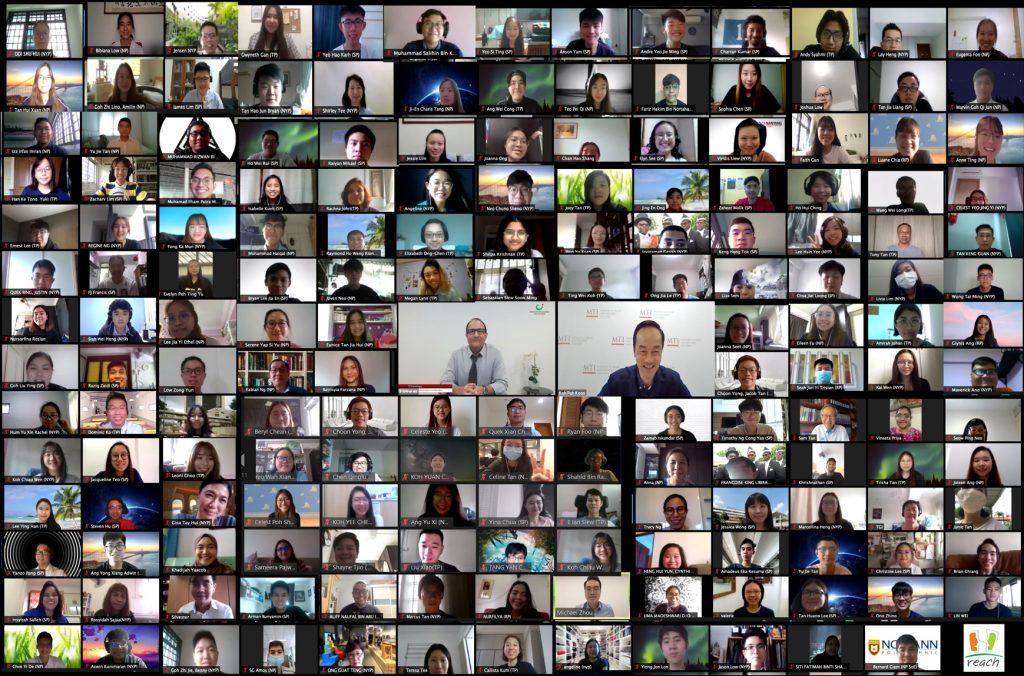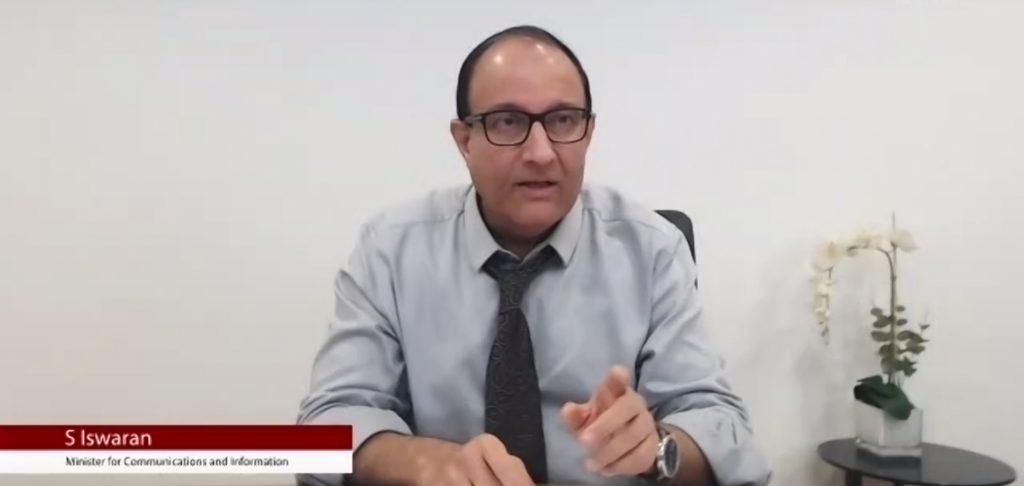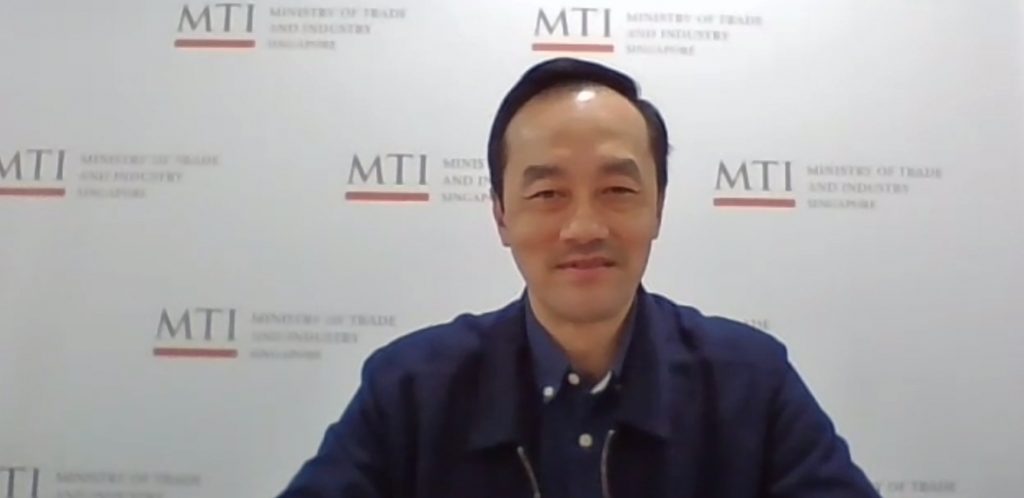With the Covid-19 pandemic came Singapore’s worst recession since independence. Many companies are doing poorly. Graduates face a real risk of unemployment or underemployment. Many of us in polytechnics and universities find ourselves having fewer internship options and limited opportunities to build an impressive portfolio of work.
This may be out of our control, but how can we, as tertiary students, make the best of what we have given the current situation?
On June 15, REACH Singapore conducted a dialogue with 280 graduating students and recent graduates of the five Polytechnics in Singapore. The dialogue was chaired by Minister for Communications and Information Mr S. Iswaran and Senior Minister of State for Trade and Industry and Minister-in-Charge of Trade Relations, Dr Koh Poh Koon. Together, they addressed the concerns that the young participants raised concerning their job prospects.

Focus On Experience Over Salary
To many of us, getting a good paycheck is important. After all, we’ve worked hard for our degrees and diplomas right?
Dr Koh, however, emphasised that with the economy going into recession, the type of salaries that come by would be lower than that before Covid-19 emerged. He encouraged graduates to be open-minded and to focus on gaining work experiences.
Simply put, job seekers like us need to be more flexible and adaptive to new opportunities and possibilities.
“If you can actually gain good work experience, boost your skill sets, and have a good kind of working experience learning new things during this challenging time, when there is an upstream that comes, you will be better poised to then capture better and newer job opportunities,” says Dr Koh.
Mr Iswaran thinks that we need to be focused on where the opportunities are.
“Even in the most difficult of times, there are opportunities… we can all turn this into a positive foundation for when we emerge from this crisis,” he adds.

More Competition In A Borderless World?
A student from Ngee Ann Polytechnic expressed concerns about stiffer competition for local jobs. With the advancements in digital technology and the normalisation of the work-from-home scheme, anyone from anywhere in the world can stand a good chance at securing a job in Singapore.
Dr Koh believes that the “opportunity cuts both ways”.
Singaporeans can also pose stiff competitions to others in their home markets too, he said, adding that we can remain competitive and tap into new markets if we “level up our skills to offer the value-added service”.
Mr Iswaran is optimistic that this will be a “net win” for Singaporeans.
“All of you guys, you got some very strong foundations from your poly education. You must make sure that you use and take up the necessary digital skills… Your ability to work and serve a more regional or international role will be enhanced.”
In addition, he thinks that Singaporeans have an added advantage as we live in a multicultural society.
“We are used to working [with people] from different backgrounds, speaking different languages, and so on. Very important when you are trying to do work internationally… that is what has always made us appealing.”
Access to Skills-upgrading Schemes and Funds
A recent graduate from Temasek Polytechnic voiced his concern about not being able to benefit from the newly implemented SGUnited Jobs and Skills Package as he was going to enlist in the army soon.
To support Singaporeans affected by Covid-19, the National Jobs Council has been formed to identify and create 100,000 jobs, traineeships and skills training opportunities.
In response, Dr Koh said polytechnic education “would give you enough of a baseline starting skill set to be able to plug into the workforce”. He also adds that a “two-year gap of NS should not make your knowledge obsolete”.
The SkillsFuture credits are also available for upskilling needs among those who are above 25. The Young NTUC Network also offered other learning opportunities.

Another student from Nanyang Polytechnic raised the point that traineeships are meant for people above the age of 21. Most polytechnic graduates are not eligible for this as they would typically graduate at 20 years old.
Dr Koh shared that there are other job opportunities or internships apart from traineeships.
He also said the startup scene in Singapore is booming, and graduates can consider working in a startup. In this time of Covid-19, startups “play very well in this space” as they are able to quickly innovate and come up with solutions to problems that the market faces.
“Look for opportunities that you can participate in. Don’t let some of these little restrictions here and there stop you from exploring.”
Covid-19 is likely to affect many of our career trajectory. Are you confident about your place in the future workforce?
Share your comments with us.
Edited by: Eunice Tan
Proofread by: Coen Sim
